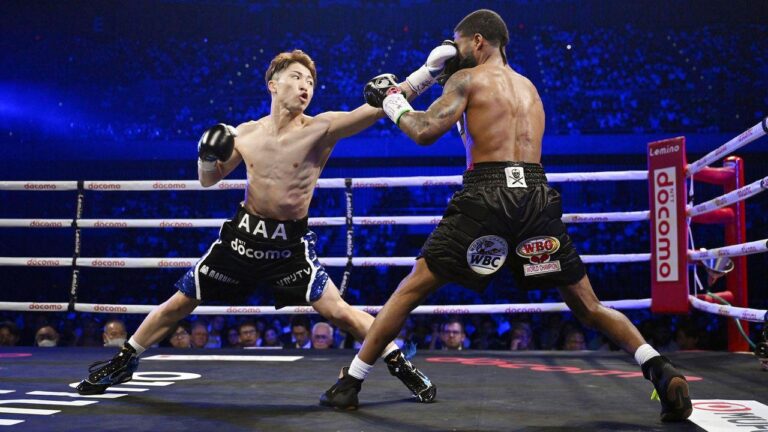Introduction
Boxing is more than just a sport; it serves as a platform for social change. In many communities around the world, boxing has become a powerful tool in the fight against poverty and inequality.
The Role of Boxing in Youth Development
Many youth boxing programs provide mentorship and structure for young individuals who may otherwise lack guidance. These programs often include education, discipline, and life skills, which are crucial for personal development.
Building Discipline and Resilience
Training in boxing instills a sense of discipline that can translate into other areas of life. The rigorous training and commitment required to succeed in boxing teach young people the value of hard work and perseverance.
Creating Opportunities
Boxing can open doors to various career opportunities. With proper training, young boxers can pursue professional careers, gain scholarships, or even find jobs within their communities as trainers or mentors.
Promoting Community Engagement
Boxing gyms often become community hubs where individuals from diverse backgrounds come together, fostering a sense of belonging and teamwork. This engagement is crucial for building strong, united neighborhoods.
Aiding in Mental Health
The physical activity involved in boxing provides significant mental health benefits. Engaging in sports has been linked to reduced levels of stress and anxiety, promoting a healthier mindset among participants.
Boxing as a Tool for Empowerment
Many boxers come from challenging backgrounds, and the sport offers them a platform to rise above their circumstances. Empowerment through boxing can inspire others in their community to pursue better lives.
Conclusion
The impact of boxing goes beyond the ring. By promoting discipline, community, and mental well-being, boxing programs play a crucial role in the fight against poverty. For those interested in learning more about how boxing contributes to social change, visit The Borgen Project for additional insights.

